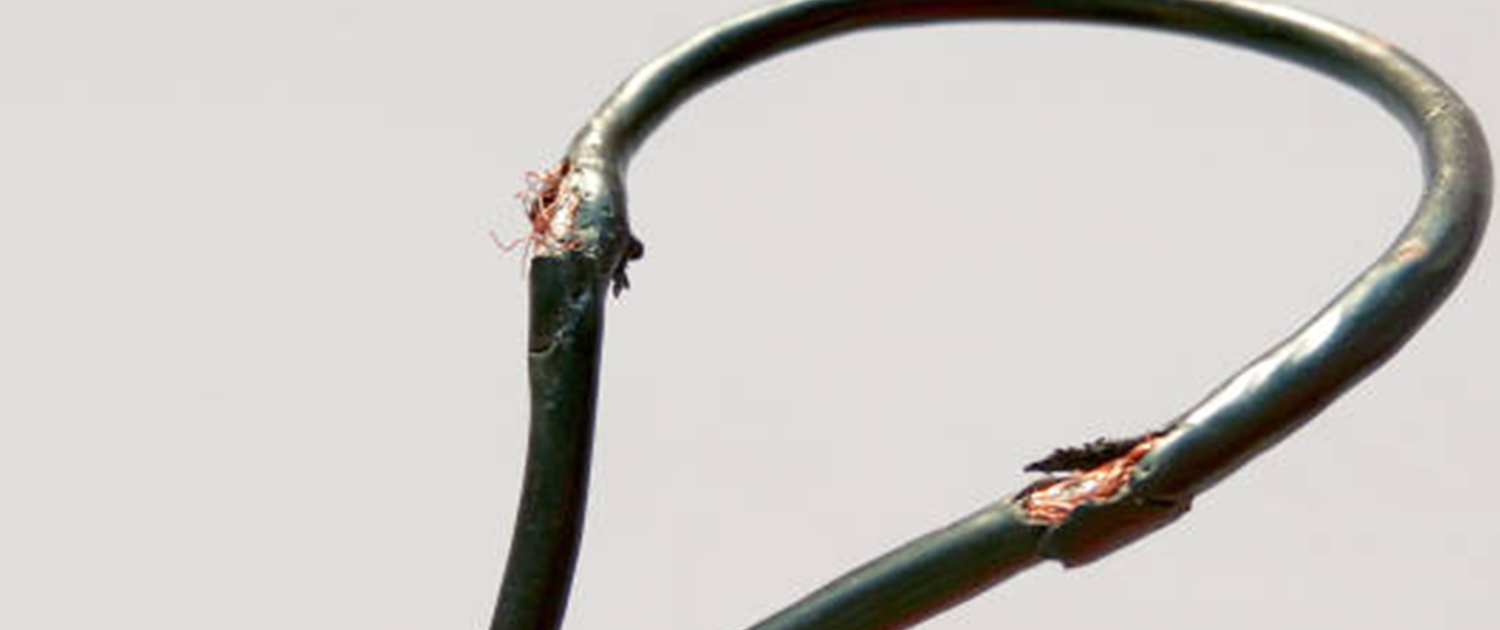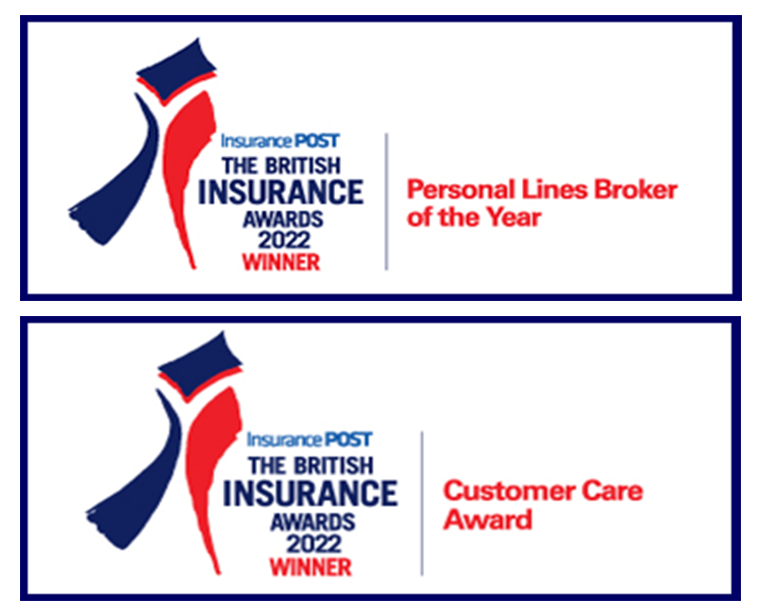Damage Caused by Vermin Cover

Can I get Vermin Cover for my Park Home?
Our park home insurance policy now provides cover as standard for vermin up to £5,000 for permanent repairs for any single period of insurance and this covers your buildings and your contents.
Our Home Emergency Cover for park home owners which is an optional extra that works alongside your park home insurance policy covers the removal of infestation and emergency repairs however these repairs are only temporary under the home emergency policy. This means that if you discover a vermin infestation in your park home and you have opted for our home emergency insurance, then this covers the cost of removing the infestation. In addition, you’ll be covered for the cost of any emergency repairs caused by the vermin.
What is vermin?
Vermin are any animals that cause nuisance and spread diseases. The most common vermin in the UK are mice and rats however the home emergency cover also includes wasps, hornets and cockroaches. Vermin carry viruses and bacteria that are harmful to us and our pets. Diseases spread by rats include Weil’s Disease, Salmonella, Tuberculosis and E. Coli, to name but a few. They also carry ticks, fleas and lice, which can infect humans and other animals.
Both mice and rats breed prolifically and can cause damage by gnawing through cables or by building nests. Rats’ front teeth continue to grow through their life, so they also gnaw on hard objects such as plastics, wooden joists and other building materials.
In addition to the health hazards, it is therefore very important to deal with a vermin infestation as soon as possible to prevent damage to your home.
How do I know if I have a vermin infestation in my park home?
There are various signs that canndicate a vermin infestation, such as:
- Droppings – mouse droppings are very small (1-2mm) and shaped like grains of rice, while rat droppings are much bigger (1-2cm). These are shaped like jelly beans. Both are dark brown/black in colour.
- Scratch marks near holes or burrows in the garden near rubbish bins or a compost heap
- Dirty marks/smears just above the floor. Rats and mice are habitual creatures and will use ‘rat runs’ on a regular basis. This can cause oily marks to appear as their fur rubs against surfaces.
- Damage to food containers – any gnawing of food containers is a tell-tale sign that there is vermin present.
- Damage to textiles, paper or cardboard, which is shredded and could be used to make a nest.
- Unusual smells – both mice and rats secrete urine as they move and eat, so take notice of any unusual smells.
What do I do if I spot a vermin infestation?
If you think you have a vermin infestation in your park home and you have our home emergency cover, then call our dedicated claims team on 01384 884 040. They are available 24 hours a day, every day of the year.
They will discuss the situation with you and, if appropriate, arrange for a qualified contractor to come out to your park home and deal with the infestation. It may also be necessary to complete some emergency repairs due to damage caused by the vermin. If this is the case, they will also arrange for the relevant specialist contractor (an electrician, for example) to assess and provide a temporary fix to the damage. Home emergency will only cover emergency repairs so if a permanent repair is required you should claim through your park home policy.
The pest control contractor will advise you on how to prevent continued or further vermin infestation. You must follow their advice for your home emergency cover to continue to be valid for vermin infestation in your park home.
General tips to avoid vermin infestation
Taking reasonable hygiene measures to prevent vermin infestation is a condition of your home emergency insurance cover. Here are some general tips to help you avoid vermin problems in your park home.
- Good hygiene practice – clear up crumbs and any food waste from worktops, tables, floors and inside cupboards.
- Remove food scraps from around bins or outside your park home.
- Feed birds using bird tables or feeders, rather than on the ground.
- Good building maintenance – fill any holes and ensure ventilation grills are secure and maintained. Rats can get through openings as little as 2.5cm (1 inch) in diameter.
- Keep your garden tidy, removing rubbish and debris on a regular basis. If you have a compost bin, ensure that it is in good order and has a secure lid.
- Put your rubbish in bins, not bags
- If you store food in a shed or outbuilding, store it in sealed metal or plastic containers so that vermin cannot get access to it.
No-one wants a vermin infestation in their park home, but having Home Emergency Cover gives you the peace of mind that the situation will be dealt with swiftly by professionals, at no extra cost to you. There are no call out charges, no excess to pay and no limit on the amount of claims you can make each year.
✔ No Excess To Pay
✔ Up to £1,000 per claim
✔ No call out charges
✔ Unlimited claims allowed
✔ Boiler breakdown included
Our home emergency insurance also covers boiler breakdown, plumbing and drainage, roofing and internal electricity, with unlimited claims per year.
Please note whilst our park home insurance cover will provide up to £5,000 to cover damage by vermin, it does not cover emergency repairs or the cost of removal.
Please note that all park home insurance cover is subject to acceptance of terms and conditions.
This is a marketing article from Park Home Assist, multi award-winning providers of residential park home insurance. If you would like to speak to an advisor regarding insurance for your park home, please contact our friendly team in our Northampton office on 01604 946 796.
To stay up to date with similar topics like this, please like and follow us on Twitter, LinkedIn or Facebook.
For more information about any of our other insurance products, please choose your product of interest below:

- Park Home Insurance
- Car Insurance for Park Home Owners
- Mobile Home Insurance
- Holiday Lodge Insurance
- Static Caravan Insurance
- Holiday Home Insurance
- Motorhome Insurance
- Touring Caravan Insurance
- Boat Insurance
Published – 14/10/2022



